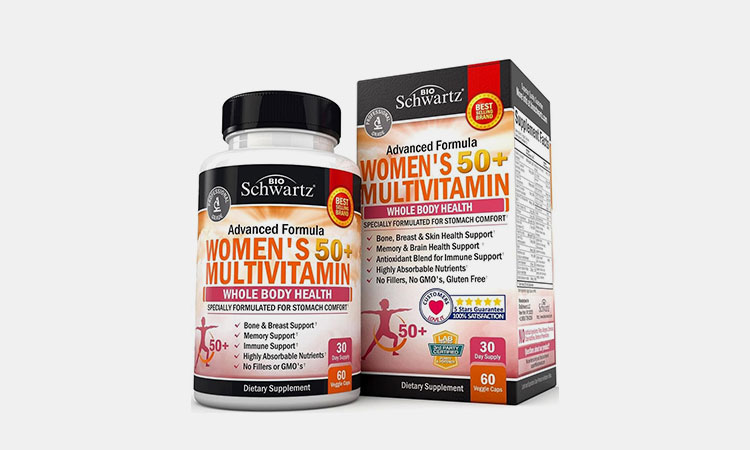
In a health-conscious world where dietary supplements have become part of daily routines, consumers are becoming increasingly selective about what they put into their bodies. With the booming demand for vitamins, minerals, proteins, herbal remedies, and other health-boosting formulas, the spotlight has shifted toward the companies behind the products. Who makes these supplements? What processes ensure their safety and efficacy? This article dives deep behind the scenes to explore how the best supplement manufacturers operate and why their commitment to quality is essential, especially in the competitive arena of private label supplements in Europe private label supplements europe.
The Rise of the Supplement Industry
The global dietary supplements market is experiencing unprecedented growth, fueled by increased awareness of health, wellness, and preventive care. Europe, in particular, has emerged as a significant player. Consumers seek reliable solutions for immunity, digestion, mental clarity, and athletic performance. In response, brands are increasingly turning to reputable manufacturers to produce high-quality products that meet both regulatory standards and consumer expectations.
The trend toward private label supplements in Europe has opened new doors for businesses to create customized wellness products. Private labeling allows entrepreneurs and established companies to build unique brands without the need for in-house production capabilities. However, the quality of these products depends heavily on the integrity and expertise of the manufacturers behind them.
What Sets the Best Manufacturers Apart?
Rigorous Quality Control
Top-tier supplement manufacturers operate with strict quality control measures throughout every stage of the production process. From sourcing raw materials to packaging the final product, every step is scrutinized. These companies implement Good Manufacturing Practices (GMP), often exceeding local regulatory requirements.
Raw materials are tested for identity, potency, purity, and contaminants such as heavy metals, pesticides, and microbes. Sophisticated laboratory techniques like HPLC (High-Performance Liquid Chromatography), mass spectrometry, and DNA barcoding are used to ensure accuracy and authenticity. This level of control safeguards consumers against ineffective or unsafe products and reinforces brand trust.
Transparency and Traceability
Leading supplement manufacturers embrace transparency. They provide full traceability of ingredients, which means every component in a capsule or powder can be traced back to its origin. This approach not only builds credibility but also enables quick response to any issues that may arise.
In private label supplements across Europe, traceability has become a core feature. European regulations demand high accountability, and manufacturers committed to transparency help their clients comply with these strict laws, offering detailed documentation and certificates of analysis.
Advanced Manufacturing Technologies
State-of-the-art production facilities distinguish elite manufacturers from the rest. Automated machinery, cleanroom environments, and precision engineering contribute to consistent product quality. These facilities are often certified by third-party organizations such as NSF International or ISO to ensure compliance with the highest international standards.
Moreover, the best manufacturers invest in innovation. Whether it’s liposomal delivery for better absorption or plant-based capsules for vegan markets, they continuously improve formulation technologies to enhance efficacy and consumer appeal.
In-House R&D Teams
Research and development play a pivotal role in the supplement manufacturing process. Top manufacturers employ teams of scientists, nutritionists, herbalists, and formulation experts who work collaboratively to develop effective and compliant products. This includes staying up to date with the latest scientific research, ingredient trends, and consumer preferences.
For private label supplements in Europe, this means clients gain access to expert knowledge without needing their own R&D infrastructure. Manufacturers often offer formulation assistance to create products that are unique, effective, and market-ready.
Commitment to Sustainability
Environmental responsibility is increasingly becoming a priority for supplement companies. The best manufacturers are integrating sustainable practices into their operations—from eco-friendly packaging and reduced energy consumption to ethical ingredient sourcing and waste reduction.
In Europe, sustainability is not only valued but often mandated by law. Consumers expect environmentally conscious products, and manufacturers that take this seriously provide a distinct advantage to private label brands aiming to stand out in the market.
Certifications that Matter
Reputable manufacturers go beyond the basics to acquire internationally recognized certifications. These certifications act as a seal of approval for consumers and businesses alike. Key examples include:
- GMP (Good Manufacturing Practices)
- ISO 22000 (Food Safety Management)
- HACCP (Hazard Analysis and Critical Control Points)
- Organic Certification (EU and USDA)
- Halal and Kosher certifications
- Non-GMO Project Verified
- Vegan and Gluten-Free labeling
These certifications reflect a manufacturer’s dedication to quality, safety, and ethical practices, giving private label supplement brands the confidence to market their products effectively.
Tailored Services for Private Label Supplements in Europe
The growing interest in private label supplements in Europe has led many manufacturers to offer specialized services tailored to this niche. These services typically include:
- Custom formulation development
- Branding and packaging design
- Regulatory compliance consulting
- Labeling and language translation
- Market trend analysis
- Logistics and distribution support
By offering end-to-end solutions, these manufacturers become strategic partners rather than just production facilities. Brands can focus on marketing and customer relationships while the manufacturing partner handles the technical and operational complexities.
Real-World Examples of Excellence
Several supplement manufacturers have gained global recognition for their exceptional standards. Although individual brand names vary and often operate behind the scenes, many are known for their partnerships with top wellness companies, major pharmacy chains, and even sports nutrition giants.